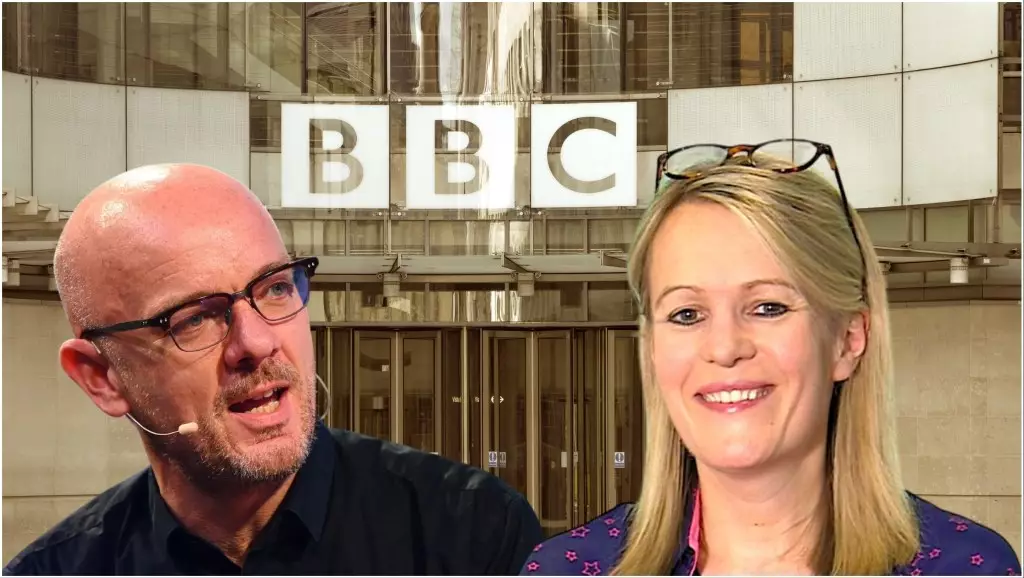The BBC is at a pivotal moment as it seeks a successor to Charlotte Moore, its current content chief who is preparing to vacate her role. This high-profile position is not only crucial for the fabric of British television but also for audio and streaming content, making the stakes even higher in a competitive landscape rife with gadgetry and shifting viewer preferences. The recruitment process has become a noteworthy focal point, especially as the public broadcaster grapples with the challenge of remaining relevant alongside wealthier commercial rivals.
The initial buzz surrounding the contenders for this coveted role unveiled a star-studded lineup, but a recent twist has already restructured the field. Patrick Holland, who many viewed as a frontrunner from the French production house Banijay UK, has declared his intention to remain in his current position. This decision surely shifts the dynamics of the race, indicating that potential external candidates may be wary of the financial limitations inherent in working for the BBC, especially when one considers the substantial earnings enjoyed by their private sector counterparts. Moore’s substantial salary—a whopping £468,000 (around $628,000)—exemplifies the disparity and raises questions about the BBC’s ability to attract top-notch talent.
Kate Phillips: The Frontrunner’s Advantage
With significant figures like Holland and Anne Mensah from Netflix stepping aside, Kate Phillips appears to be solidifying her position as the contender to beat. Currently serving as the interim chief content officer and leading the unscripted department, Phillips boasts a supportive network within the BBC, which is invaluable in an organization where internal backing can often play a decisive role in securing high-stakes roles. Industry insiders note her adept handling of responsibilities while Moore preps her exit, projecting an image of leadership that’s both competent and inspiring.
What makes Phillips particularly compelling is her ability to navigate the complexities of BBC content creation amid ongoing competition and evolving audience tastes. Her tenure thus far has showcased a strong grasp of the unique challenges, alongside an understanding of what viewers desire—a combination of insight that cannot be overlooked.
Other Contenders and Industry Dynamics
The landscape of candidates has evolved as other significant players have also opted out of consideration. Zai Bennett, the CEO of BBC Studios Productions, was initially thought to be a contender, but speculation about his next steps remains an ongoing topic of industry chatter. Meanwhile, figures like Tom McDonald and Dan McGolpin have been floated as potential options, which underscores the varied backgrounds under consideration for this pivotal role.
In a broader scope, the tension between the BBC and commercial giants like Netflix and Disney remains relevant here. The competition is intensifying as each organization aims to outdo the other through original and engaging content, making the selection of the BBC’s next content chief all the more critical for its future survival.
The race for the BBC’s content supremacy is not merely about filling a vacancy; it’s a strategic play that will influence the organization’s direction in the coming years. It’s a testament to the ongoing evolution of broadcasting where the intersection of creative talents and corporate interests is more critical than ever.

